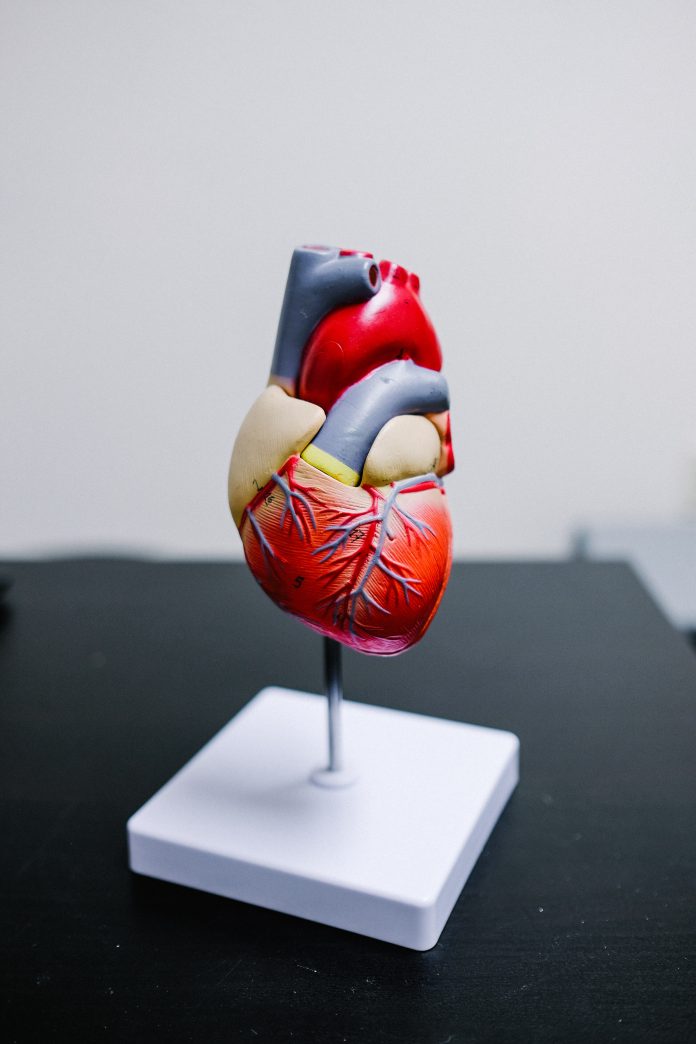All cholesterol in the body isn’t as bad as you think. There are two types of cholesterol.
HDL or high-density lipoprotein and LDL or low-density lipoprotein. HDL is a great way to protect your body and keep cholesterol in your bloodstream low. LDL, on the other hand, is something that needs to be monitored and controlled.
High levels of HDL in the blood may not harm your organs, but high levels of LDL are dangerous to your system and can lead to many cardiovascular diseases. This is because the excess builds up in the arteries, causing them to harden and narrow. When that happens, the arteries become clogged, affecting blood circulation throughout the body, affecting the limbs, brain, heart, etc. Possible blood clots may occur.
Causes of high cholesterol
Genetic and environmental factors often determine cholesterol levels. Higher levels are often inherited and run in families. You are also affected by where you are. For example, people living in Northern Europe typically have lower average scores than those living in Southern Europe. Asians have a higher level of than many others in the world.
Other factors that affect these levels include diabetes, kidney disease, and a slowed metabolism, usually caused by thyroid problems. And, of course, the most common cause of this problem is obesity.
To avoid putting yourself at risk for high cholesterol, it is essential to practice conscious lifestyle control and have your levels checked regularly, especially if you have a family history of high cholesterol. Diagnosing and treating cholesterol problems
Doctors usually follow certain procedures to measure cholesterol levels in the blood. A blood sample is taken from the patient after a 12-hour fast. This blood is tested for HDL, LDL, triglycerides, glucose, and the total amount present in the body. The results of these tests are adjusted based on each patient’s age, weight, and other conditions. Doctors often do several simpquizzessts at the same time to determine whether cardiovascular disease is possible. To treat high cholesterol, it is important to adopt a good diet and get rid of bad habits such as smoking and drinking alcohol. If the levels are very high, patients may be prescribed medication. Drugs are usually prescribed when a doctor determines that a patient is at high risk of developing cardiovascular disease or when the patient is already receiving some form of cardiovascular treatment.













